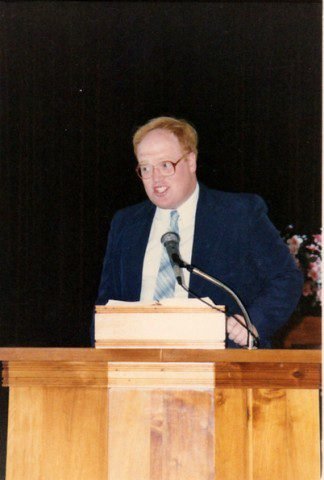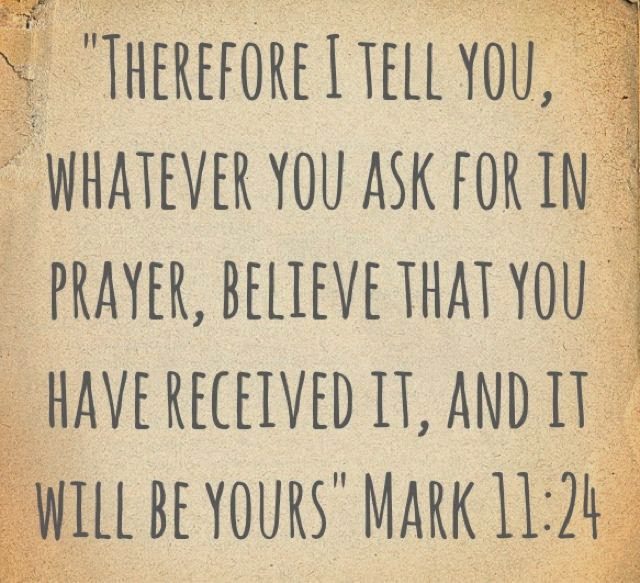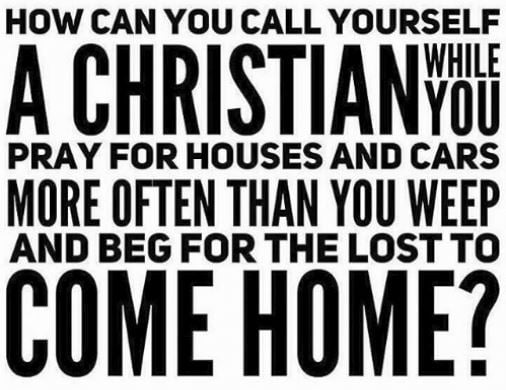
During the 1980s, Polly and I took in foster children from Licking and Perry counties in Ohio. We saw fostering children as an opportunity to not only help children psychologically and materially, but to also lead them to saving faith in Jesus. Most of the children placed with us were teenagers, though we did care for a two-year-old boy and a pair of sisters. We also took in a Black girl, making her the only non-white student in the local school district. Some of the children were court referrals, teenagers who had been in trouble with the law. I suppose, if I am honest, I naïvely thought I could turn them around just by changing their home environment. We also had a teen church girl live with us for a year. She had been living with her grandparents, and they were unable to control her. I don’t remember what the exact issues were.
One girl was from Buckeye Lake. She was a delightful child who had the bad luck of growing up in a dysfunctional home. She lived with us several times over the years. On occasion, she would spend the weekend with her parents and siblings. Their home was quite unkempt, to say the least. Without fail, she would return from these visits infested with head lice. We would treat her with RID, only to find reinfestations after she came back from seeing mom and dad. This, of course, led to our children also getting head lice.
One time, another child went home for a visit, only to pick up scabies while she was there. By the time we figured out she had scabies, so did Polly and I and our two sons. At the time, I was the assistant pastor of Emmanuel Baptist Church in Buckeye, Lake, Ohio. The church was holding a revival service with John Babcock — a pastor and friend of Polly’s parents. John stayed with Polly’s parents that week. One day, he mentioned to them that he had this funny rash on his belly. It was quite itchy and all he wanted to do was scratch. Of course, when Polly’s parents let us know that John had some sort of “mystery” rash, we knew what it was right away: scabies.
In the mid-1980s, we took in two teen boys who had been referred to us by the Perry County Juvenile Court. One boy lived us for quite some time, whereas the other boy was with us for only a short while. He would later attempt to rob someone at knifepoint. He spent time in prison for his crime. While living with us, he was quite a handful, constantly pushing the rules. The other boy was quite friendly and likable. He loved our boys and we got along quite well with him. Years later, he and his wife would live for us for a short time.
One day, Polly and I awoke to an epic nightmare. In the night, the boys had gotten up, stolen our money, checkbook, and car, and run off. The one boy picked up his girlfriend, and off the three went to infinity and beyond. Their joyride was brought to an abrupt end by a New Jersey police officer who had stopped them for running a red light. The officer discovered they were driving a stolen automobile and promptly arrested them. Local law enforcement went to New Jersey to retrieve them, charging the boys with felony grand theft auto. The girl was not charged with a crime.
The boys were released to the custody of their parents to await prosecution. What complicated matters was the car they stole did not belong to us. Our car was at the Chrysler dealership getting the engine replaced. The car they took was a loaner car. New Jersey law enforcement informed the dealership it was up to them to retrieve the car. They did, and then tried to bill me for their costs. I knew they had insurance for such things, so I refused to pay — end of story.
One day, the Common Pleas Court judge’s office called and asked me to come to the judge’s chambers so he could talk to me. After arriving at his chambers, I could tell that he had already had a few too many. He asked me, Reverend, what do you think I should do with these boys? I pondered his question for a moment, and then replied, I think they need to be punished, but I don’t want them sent to prison. The judge decided to sentence them to one year at the youth detention facility in Columbus. Unbeknownst to the boys, he planned to set them free after thirty days — a sentence I totally agreed with. I knew these two White boys were in for a rude awakening when they found themselves locked up in a facility where being White made them a minority. As I mentioned above, the one boy went on to commit other crimes, but the boy who had lived with us the longest was scared straight and did not offend again.
Polly and I like to think that we made a difference in the lives of the foster children who spent time in our home. We did what we could to give them a stable place to live, along with a little — okay a lot — of Jesus, too. We hope our small acts of love and kindness made a mark on their lives. Several years ago, someone whom knew us let us know that one of our foster children had told them we had made a positive difference in her life. Hearing this made our day. I do wonder from time to time what has become of them. I think of our first foster child, a two-year-old boy. After a year in our home, he was returned to his drug-addicted mom. The boy’s father had gotten out of prison and they were attempting to make a new start in life. I wonder if the new start lasted. What kind of man did this little blond-haired boy become?
Have you ever taken in foster children? Please share your experiences in the comment section.
Bruce Gerencser, 66, lives in rural Northwest Ohio with his wife of 45 years. He and his wife have six grown children and thirteen grandchildren. Bruce pastored Evangelical churches for twenty-five years in Ohio, Texas, and Michigan. Bruce left the ministry in 2005, and in 2008 he left Christianity. Bruce is now a humanist and an atheist.
Connect with me on social media:
Your comments are welcome and appreciated. All first-time comments are moderated. Please read the commenting rules before commenting.
You can email Bruce via the Contact Form.










